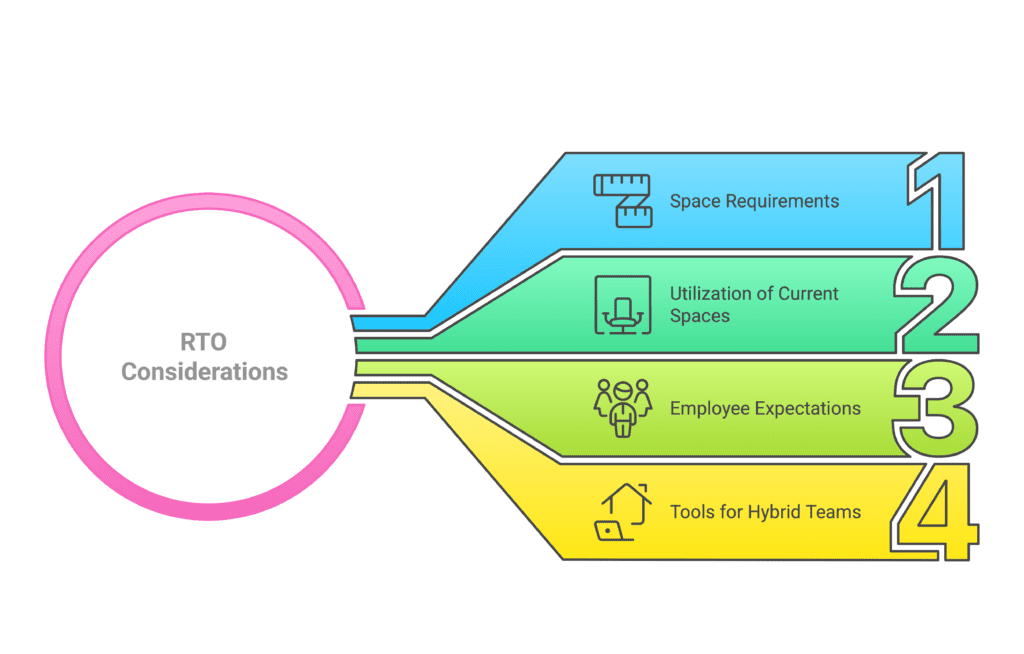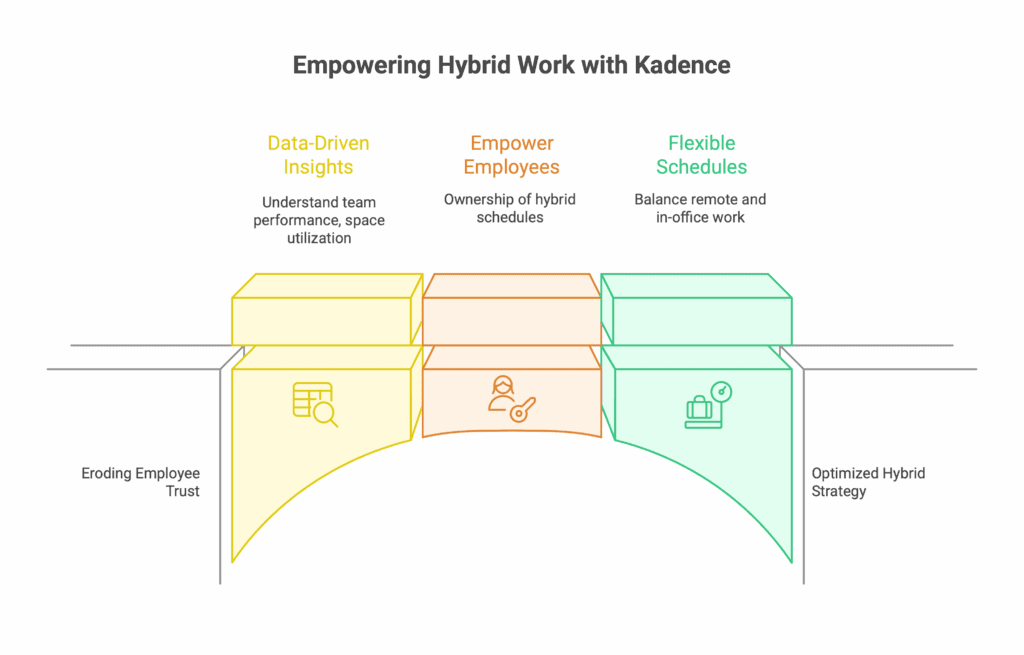Tech giants Microsoft and Samsung are betting big on the return-to-office (RTO) trend, but in doing so, they may be forgetting one crucial thing: trust. While Microsoft is contemplating a shift to a mandatory three-day-a-week office policy, Samsung has already rolled out a full five-day requirement for its U.S.-based semiconductor division.
These moves are about more than just office space. They’re about control. And the question is whether it will be worth it in the end.
Microsoft: Is This the End of Flexibility?
Microsoft has long touted its flexibility, allowing employees to work remotely up to 50% of the time since late 2020. Now, however, the company is signaling a move to stricter policies, possibly as soon as January 2026. The plan would see most employees at Microsoft’s Redmond headquarters required to work in the office at least three days a week.

This shift is aimed at increasing collaboration and ensuring that employees aren’t just showing up virtually. But here’s the thing: Microsoft isn’t some old-school company clinging to outdated practices. They sell the very tools that enable remote work. So, the question is: Why is a company that champions hybrid work suddenly pulling back on the flexibility that made it so attractive?
Microsoft’s real motivation is clear: an intensified focus on performance. CEO Satya Nadella recently called for more “dedication, drive, and hard work,” and CFO Amy Hood doubled down, stating that the company’s upcoming year would require “intensity.” But will this push for greater productivity actually work, or will it burn out the very people who helped the company thrive in the first place?
A 2025 report from We Work Remotely found that 51% of professionals prefer fully remote roles, with 90% citing flexibility and work-life balance as key reasons why. These findings suggest that enforcing stricter return-to-office policies could backfire, potentially leading to decreased morale and increased turnover if companies don’t align with employee preferences.

Samsung: Tracking Employees Like Numbers
While Microsoft is still deciding, Samsung has already jumped into the deep end with a full five-day-a-week RTO mandate for a group within its U.S.-based semiconductor division. And they’re not just hoping people show up. They’ve built a tool to track exactly how many days employees are in the office, right down to the minute.

This move was first implemented in July, and early reports suggest the company is already seeing the results it wants: more bodies in the office, more cars in the parking lot, and more people in the cafeterias. But at what cost? Is this just about numbers? Are these companies really focused on innovation and collaboration, or are they just trying to assert control over their workforce?
But this emphasis on physical presence can’t help but feel outdated in a world where remote work has proven effective, especially for companies in the tech sector.
And let’s not forget the compliance tool. Samsung has developed a system to track exactly how many days employees are present in the office, even going as far as monitoring “lunch/coffee badging” to make sure people aren’t gaming the system. It’s clear Samsung wants results, but is this level of oversight really necessary?

The Bigger Picture: Flexibility Isn't the Enemy
The RTO move by Microsoft and Samsung signal a shift away from the hybrid work model that became so prevalent during the pandemic. Companies are beginning to prioritize in-person work under the belief that it fosters better collaboration, innovation, and culture. However, there’s a fundamental problem with this thinking: Hybrid work isn’t the enemy. In fact, it’s the future.
Microsoft, the company that has been at the forefront of remote work technology, seems to have forgotten this. By cracking down on remote flexibility, they risk losing the very trust that made their flexible work policies so appealing in the first place. Employees won’t just be upset about being forced back into the office—they’ll be disillusioned by the lack of trust in their ability to manage their own time.

Similarly, Samsung’s approach of tracking every minute employees are in the office feels like an overreaction. It’s one thing to encourage people to return to the office; it’s another to monitor them like robots. In a world that increasingly values work-life balance and autonomy, this could backfire badly.
Instead of implementing rigid mandates, companies should look at solutions like Kadence Sense, which provide the insights needed to manage hybrid work without eroding trust. Kadence allows businesses to empower employees to take ownership of their hybrid schedules, all while giving managers the tools to make data-backed decisions that benefit both the company and its people.
Conclusion: The Cost of Control
As Microsoft and Samsung tighten their RTO policies, they are making a bet that their employees will respond to stricter control. The question is whether this gamble will pay off. Sure, they might see more people in the office and maybe even a short-term boost in collaboration. But at what cost?
Companies that lose sight of the trust and flexibility employees need to thrive risk eroding the very culture they’re trying to build. The future of work isn’t about control. It’s about empowerment. And companies like Microsoft and Samsung need to remember that if they want to retain the talent that drives their success.
Book a demo with our hybrid experts to learn how Kadence can help optimize your hybrid work strategy.





